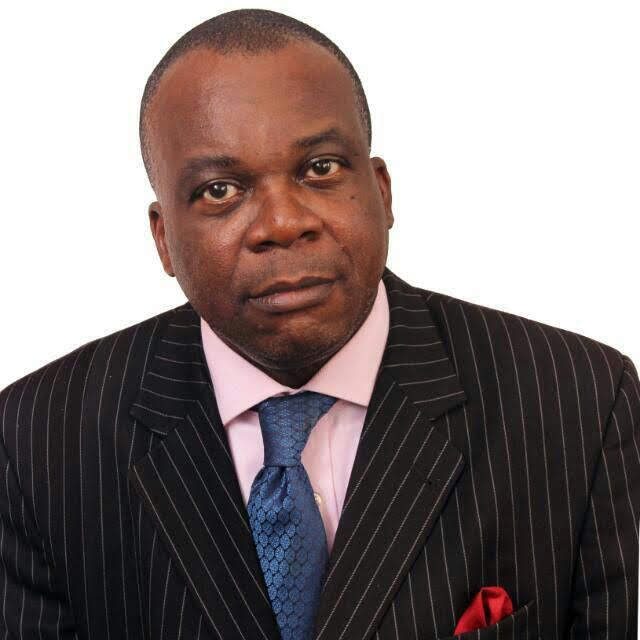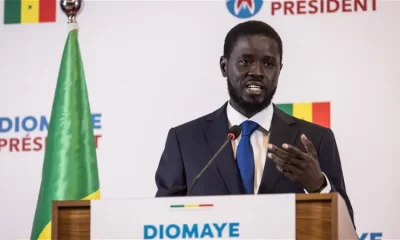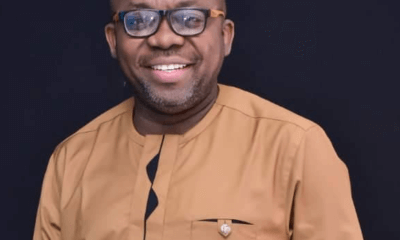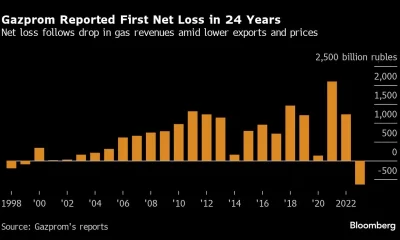Democracy & Governance
Lessons from the 2020 American Presidential Elections -By Kede Aihie

Donald Trump’s exit from the White House, as President of the United States, ends in ignominy. His presidency will no doubt come under scrutiny, even Richard Nixon’s Watergate scandal, pales into insignificance. Trump was impeached by both Democrats and Republicans by 232 to 197, in the House of Representatives. So, he makes history as the first president in American history to be impeached twice. American democracy, though wounded, stood the test of time and there is no doubt, that if there are any lessons to be learnt by other democracies, it is the resilience of the American people and its institutions. Here are my takeaways.
The first is strong institutions. Taking a cue from other countries’ dictatorships, the role of strong institutions will be appreciated, considering, how Trump was stopped in his tracks, and desperation to overturn his election defeat. An unknown sub-national official from Georgia, Secretary of State Brad Raffensperger was able to rebuff Trump’s pressure asking to “find” votes for him in a disparate phone call recorded and leaked to the Washington Post. To understand the scale of Trump’s pursuit of post-election litigation, he filed about 62 lawsuits and not a single case was successful. Some of the Judges who presided over his lawsuits were his appointees.
The second is a flawed electoral process. Thanks to Trump’s baseless claims about winning the elections, the century-old American electoral college system, has exposed flaws, in the over two centuries use of the electoral college system. In the 2000 and 2016, presidential elections, the winner earned fewer votes nationally than the loser. So, the concept of a national popular vote, is not what most people see. Instead, an electoral college system designed by federalist Congressmen in 1803, determines, who becomes President. Certification of Electoral College win, which ought to be a formality by Congress, enshrined in the Constitution, became contentious and was challenged, with Trump pressuring his Vice President, to bend the rules.
The third is the Influence of big tech companies. The biggest lesson, from the Trump years to my mind, is the role of social media as an alternative means of communicating government policies. Big tech companies are facing scrutiny, following their effective truncation of President Trump’s oxygen of publicity, social media. Facebook, Twitter, Snapchat, Instagram, YouTube, have cut off Trump’s account, following his incitement of insurrection against Congress and the mob attacker of the Capitol by Trump`s supporters.
Add Alphabet, Apple, Microsoft, Amazon, to the mix, these tech giants, are worth over $7 trillion combined. Facebook and Google made record amounts of revenue from the U.S. elections. Trump and Biden, both spent about $100m each on Facebook advertising alone. So, the issue(s) worth debating is infringement on free speech, censorship, and free enterprise. The moral question hanging is, what is right for the social media companies to block Trump`s account? The tech firms, justify their action against Trump, by accusing him of “repeated and severe” violations of its civic integrity policies.
The debate about free speech has been fuelled by German Chancellor, Angela Merkel’s comment about free speech as a “fundamental right of vital importance” that could be restricted, “but only in accordance with the laws and within a framework defined by the legislature – not by the decision of the management of social media platforms.”
Fourth is the role of the Media. The media played an important part in molding opinions and acting as watchdogs. CNN made Trump a subject of interest for the four years of his presidency. From 20th January 2016, when Trump began his presidency on a lie based on the crowd size, of attendees at the inauguration, to his chaotic last days in January 2021. Right-wing media, politicians furiously defended Trump. Most Republican lawmakers rejected election results. In the words of one Republican politician, Trump’s grip on the party and fear of losing their local elections, made a lot of them cowed to Trump’s conduct.
There are a lot of burning questions but there are no easy answers, so it is worth posing the filtering out the following. Who were his enablers? – the right-wing media, White evangelical Christians, the Republican party, or the 73 million Americans, who voted for him. It would be extremely difficult to pinpoint exactly why Trump was able to get away with his appalling and egregious behaviour, as President of the United States, POTUS. The moral burden of Trump’s conduct as president of the United States will be the subject of discussions for decades to come.
Kede Aihie Esq. is Chair of the Nigeria Magazine




















